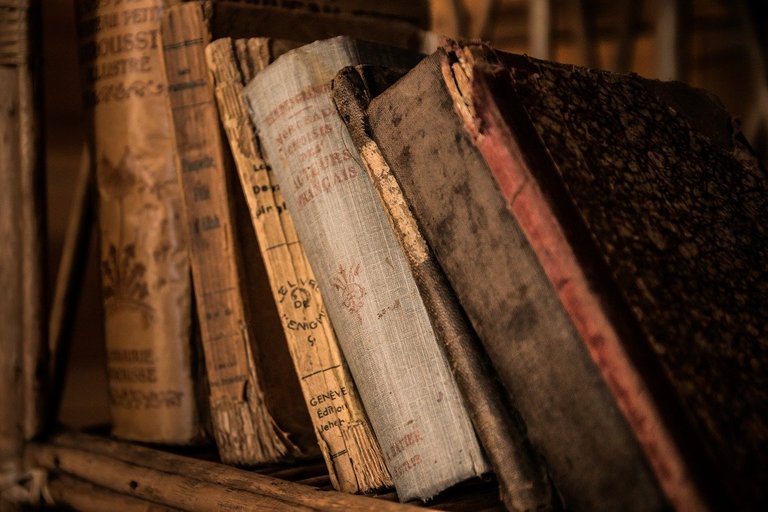Book Review: Nel silenzio degli addii
The story of farewells is a timeless story, a story that survives man himself.
Goodbyes are beginning and end, sunrise and sunset. Infinite, they last like art. They are omnipresent, they know how to hide behind goodbyes, they recognize each other in hindsight. Farewells are events that mark existence. They are unveilings, songs of nostalgia and forgiveness. We are a humanity that has always had to deal with losses, estrangements, eternally traveling to or from a goodbye. Goodbyes are always unexpected and wasted if they are not opportunities to reflect on our being in the world.

And how do you reflect on a farewell? Writing it, entrusting it to memory, defeating it with the joy of memories that make goodbyes less definitive. Yet we haven't learned the language of goodbyes yet, we don't know how to say them and we would like to shout them but we can't. Because silence is the only alphabet that a goodbye knows. The silence of reflection, of meditation on facts, places, people, things, moments that don't add up. Goodbyes are unforgettable. The history of humanity is a history of goodbyes that will endure beyond it.
We humans and mortals are left with only the memory to give life and its end, in this form and in this dimension, a direction and a meaning, so as not to waste them in oblivion. And memory needs the words of writers and poets to express it and make it immortal.
Quoting Demetrius himself, 'the poetic word does not bring knowledge but leads to knowledge'. This small manual opens great reflections on the art of writing life, passing through the analysis of the elegy, of the farewell. Finding in the sunset, the dawn and in a farewell, however painful and silent, a new unexpected beginning, the opportunity to add a piece to one's identity in constant evolution.
ITA
La storia degli addii è una storia senza tempo, una storia che sopravvive all’uomo stesso.
Gli addii sono inizio e fine, alba e tramonto. Infiniti, perdurano come l’arte. Sono onnipresenti, sanno celarsi dietro gli arrivederci, si riconoscono col senno di poi. Gli addii sono accadimenti che scandiscono l’esistenza. Sono svelamenti, canti di nostalgia e perdono. Siamo un’umanità che da sempre deve fare i conti con le perdite, gli allontanamenti, eternamente in viaggio da o verso un addio. Gli addi sono sempre inattesi e sprecati se non sono occasioni per riflettere sul nostro stare al mondo.
E come si riflette su un addio? Scrivendolo, affidandolo alla memoria, sconfiggendolo con la gioia dei ricordi che rendono gli addii meno definitivi. Eppure non abbiamo ancora imparato la lingua degli addii, non sappiamo dirli e vorremmo urlarli ma non siamo in grado. Perché è il silenzio il solo alfabeto che un addio conosce. Il silenzio della riflessione, della meditazione su fatti, luoghi, persone, cose, momenti che non tornano. Gli addii sono indimenticabili. La storia dell’umanità è una storia di addi che resisteranno oltre essa.
A noi umani e mortali non resta che la memoria per dare alla vita e alla sua fine, in questa forma e in questa dimensione, una direzione e un senso, per non sprecarle nell’oblio. E la memoria ha bisogno delle parole degli scrittori e dei poeti per dirla e renderla immortale.
Citando lo stesso Demetrio, ‘la parola poetica non porta conoscenza ma porta a conoscenza’. Questo piccolo manuale apre grandi riflessioni sull’arte dello scrivere la vita, passando attraverso l’analisi dell’elegia, del commiato. Trovare nel tramonto, l’alba e in un addio, per quanto doloroso e muto, un nuovo inizio inaspettato, l’occasione di aggiungere un tassello alla propria identità in perenne divenire.
@tipu curate
Upvoted 👌 (Mana: 26/56) Liquid rewards.
Congratulations @claudio83! You have completed the following achievement on the Hive blockchain And have been rewarded with New badge(s)
You can view your badges on your board and compare yourself to others in the Ranking
If you no longer want to receive notifications, reply to this comment with the word
STOPCheck out our last posts: